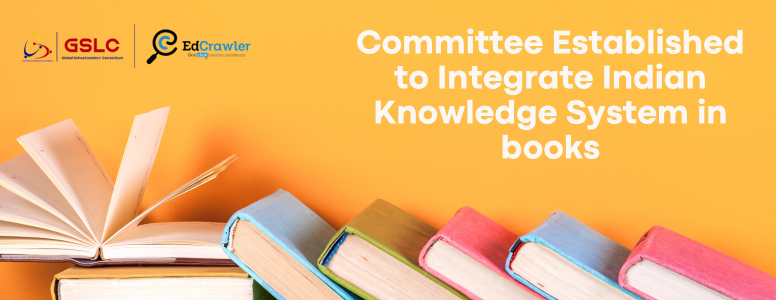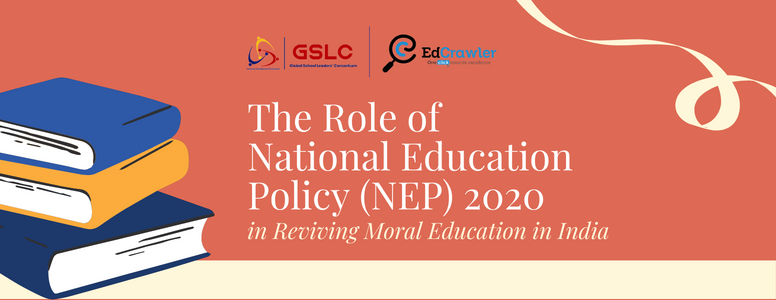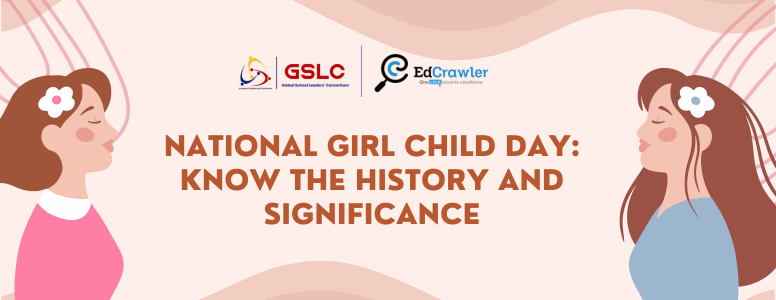Committee Established to Integrate Indian Knowledge System in books

As per a high-ranking NCERT official, the committee will generate documents in three languages: Hindi, English, and Urdu.
A committee of 19 members has been established by the National Council of Educational Research and Training (NCERT) to integrate Indian Knowledge Systems (IKS) into new school textbooks for classes 3 to 12. The committee, known as the "Curriculum Area Group (CAG): Indian Knowledge System," is chaired by MD Srinivas, Chairman of the Centre for Policy Studies in Chennai.
This committee is an extension of the National Syllabus and Teaching Learning Material Committee (NSTC), formed in July, tasked with finalizing curriculum, textbooks, and learning materials. The NSTC is expected to create various CAGs for different subjects, and one such group is focused on IKS.
The National Education Policy (NEP) 2020 emphasizes teaching the "rich heritage of ancient and eternal Indian knowledge and thought." The government has been actively incorporating IKS into the education system, including introducing IKS courses in higher education institutions and promoting research through a dedicated division under the Ministry of Education.
The CAG for Indian Knowledge Systems, led by Srinivas, will develop guidelines for other CAGs, outlining facts and principles to be integrated into each subject at every stage. The committee will review textbooks and teaching materials prepared by other CAGs to ensure sufficient incorporation of IKS content.
The committee, working in Hindi, English, and Urdu, is set to submit the syllabus to NCERT and NSTC by November 20. The first draft of textbooks and teaching materials is expected by December 31, with final versions due by January 31, 2024.
The move to include the Indian Knowledge System in the school curriculum is seen as vital by education experts. Jyoti Arora, Principal of Mount Abu Public School, highlighted its importance in connecting students with their cultural roots, providing a comprehensive education, fostering interdisciplinary thinking, and instilling sustainable practices for today's world.










